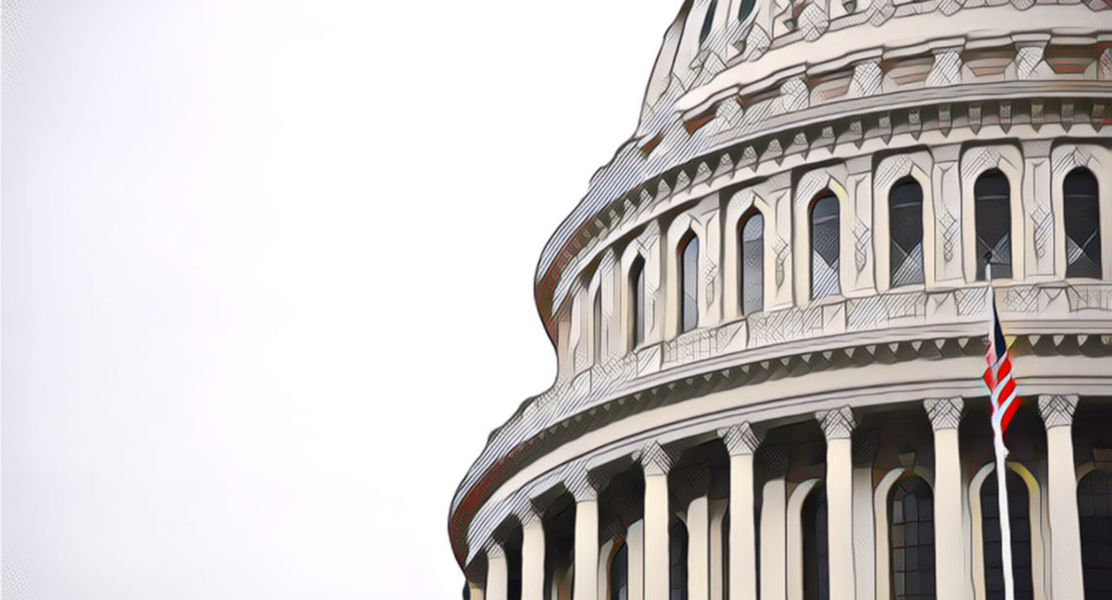U.S. Senate passes bill protecting interracial and same-sex marriages after votes on religious liberty amendments

New federal legislation that would require states to recognize marriages that are lawfully performed in other states – including same-sex and interracial marriages – appears poised to become law after an amended version of the Respect for Marriage Act passed the U.S. Senate this week on a 61-36 vote. The bill, a version of which previously passed the House, would protect such marriages if the U.S. Supreme Court overturns decisions like Obergefell or Loving, which held that the Constitution guarantees the right to same-sex and interracial marriage.
Key to passage in the Senate were amendments clarifying that the law would not impact existing religious liberty protections. Here is an excerpt from the legislation:
Diverse beliefs about the role of gender in marriage are held by reasonable and sincere people based on decent and honorable religious or philosophical premises. Therefore, Congress affirms that such people and their diverse beliefs are due proper respect…
Nothing in this Act…shall be construed to diminish or abrogate a religious liberty or conscience protection otherwise available to an individual or organization under the Constitution of the United States or Federal law.
Consistent with the First Amendment to the Constitution, nonprofit religious organizations…and any employee of such an organization, shall not be required to provide services, accommodations, advantages, facilities, goods, or privileges for the solemnization or celebration of a marriage.
Sen. Mitt Romney, R-Utah, cited the bill’s “important protections for religious liberty” in explaining his yes vote. Many religious liberty advocates also praised the Respect for Marriage Act, including BJC Executive Director Amanda Tyler, as quoted by the Deseret News:
Lawmakers are right to recognize a diverse range of views on marriage among religious traditions as they work to pass legislation to ensure every American is equal in rights and dignity. We believe marriage equality and religious freedom are compatible.
Notably, the Senate rejected additional amendments offered by those who argued the religious liberty protections included in the bill didn’t go far enough. Sen. Mike Lee, R-Utah, proposed amending the bill by adding a version of his First Amendment Defense Act, which would prevent the government from taking any action against a person for acting in accordance with a belief that marriage must be between a man and a woman. Meanwhile, an amendment from Sen. Marco Rubio, R-Florida, would have removed the private right of action the Respect for Marriage Act makes available to a person whose marriage goes unrecognized by a state official in violation of the law. An amendment submitted by Sen. James Lankford, R-Oklahoma, stated that faith-based organizations that provide social services in partnership with the government would not be considered “state actors.” None of these three amendments received the 60 votes necessary to pass.
You can hear an in-depth discussion on this legislation on this week’s Respecting Religion podcast, as Holly Hollman and Amanda Tyler discuss the bill and the important distinctions between the civil institution of marriage and the religious institution of marriage.
The Respect for Marriage Act is headed back to the House for approval in its amended form.




